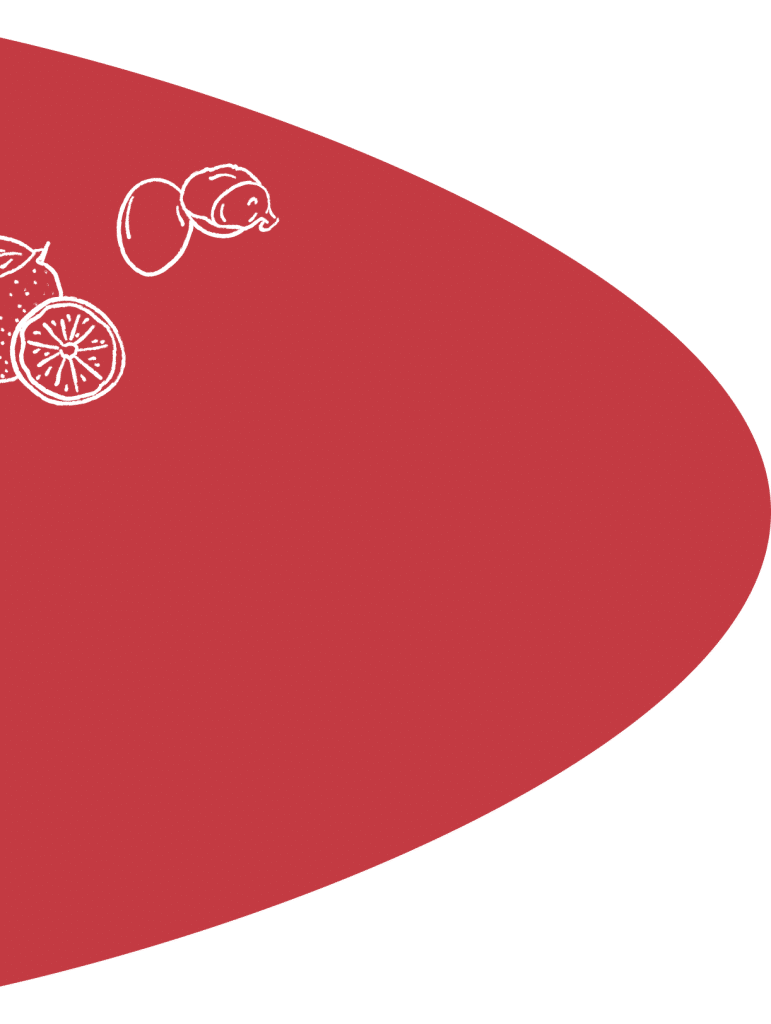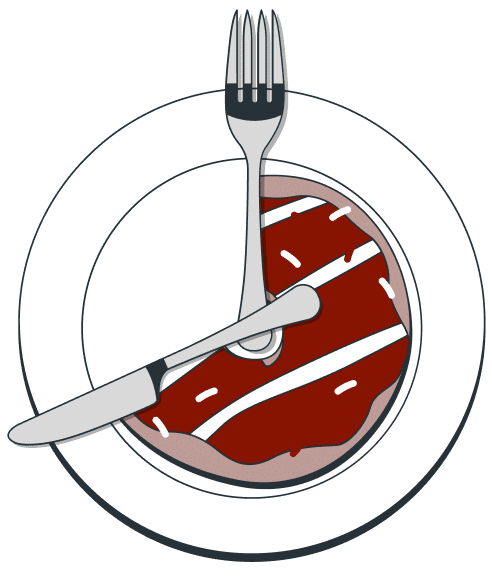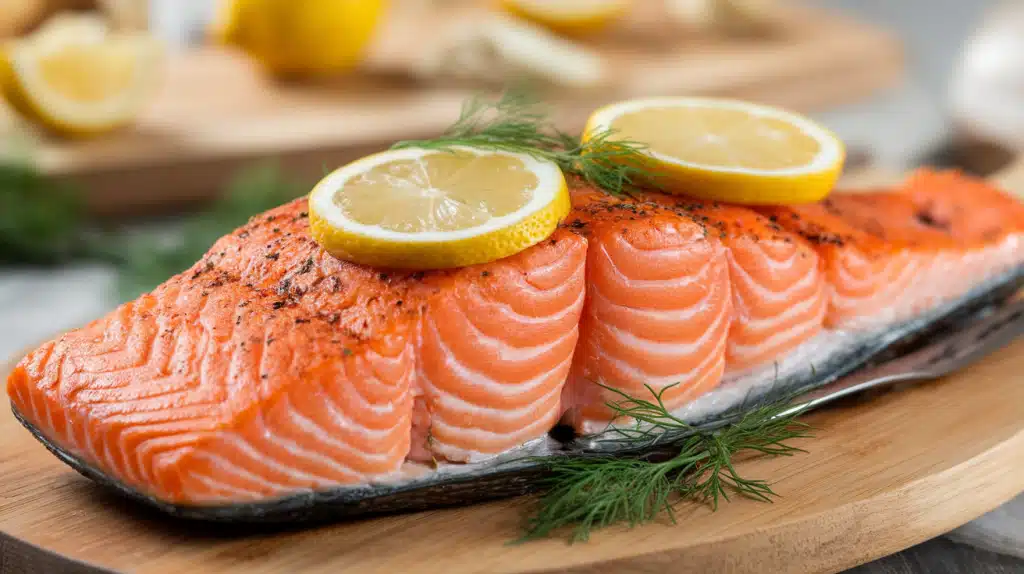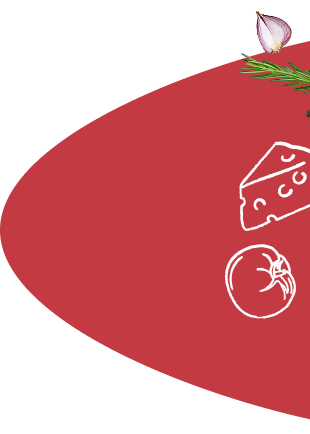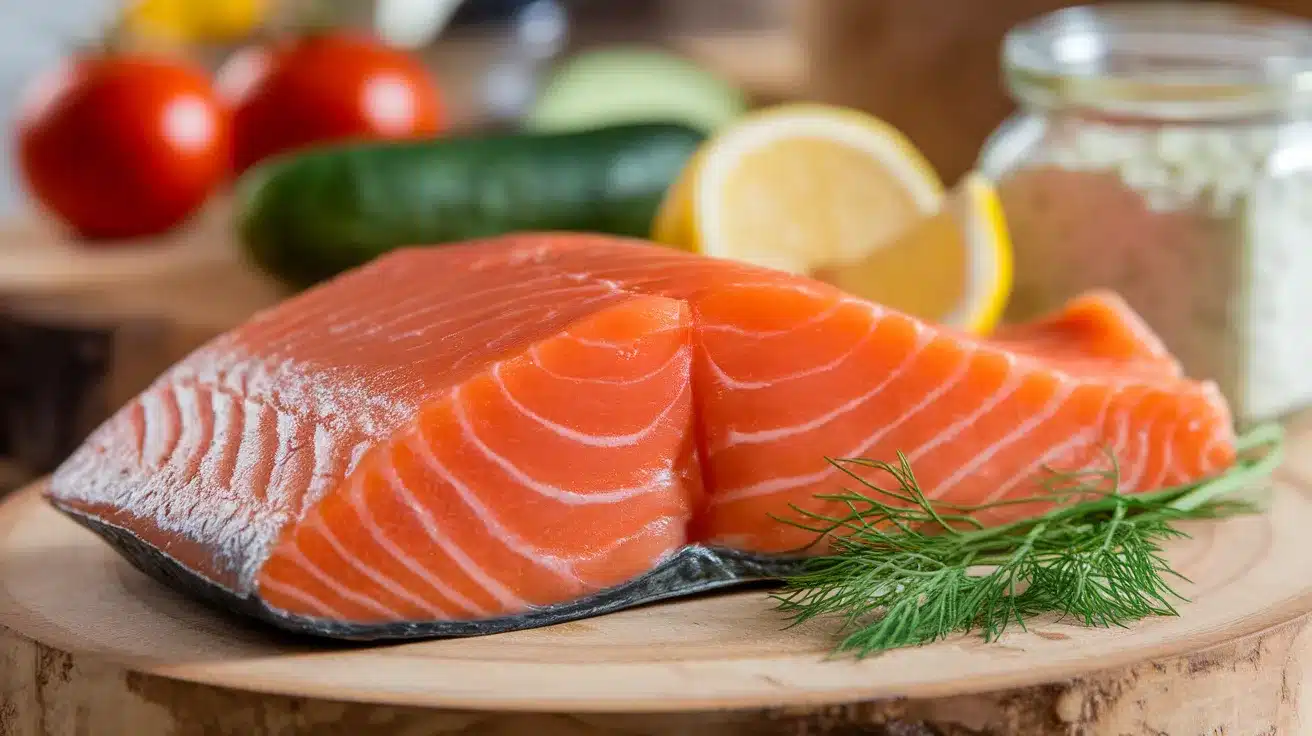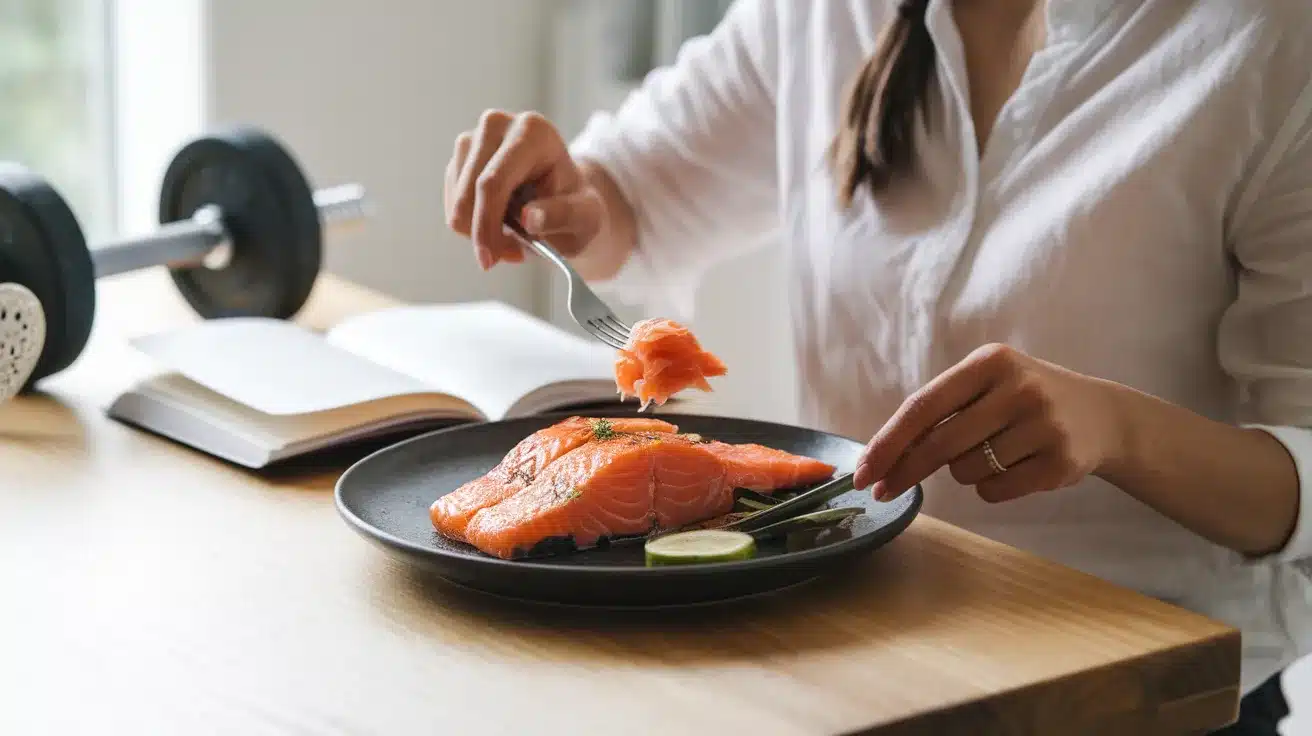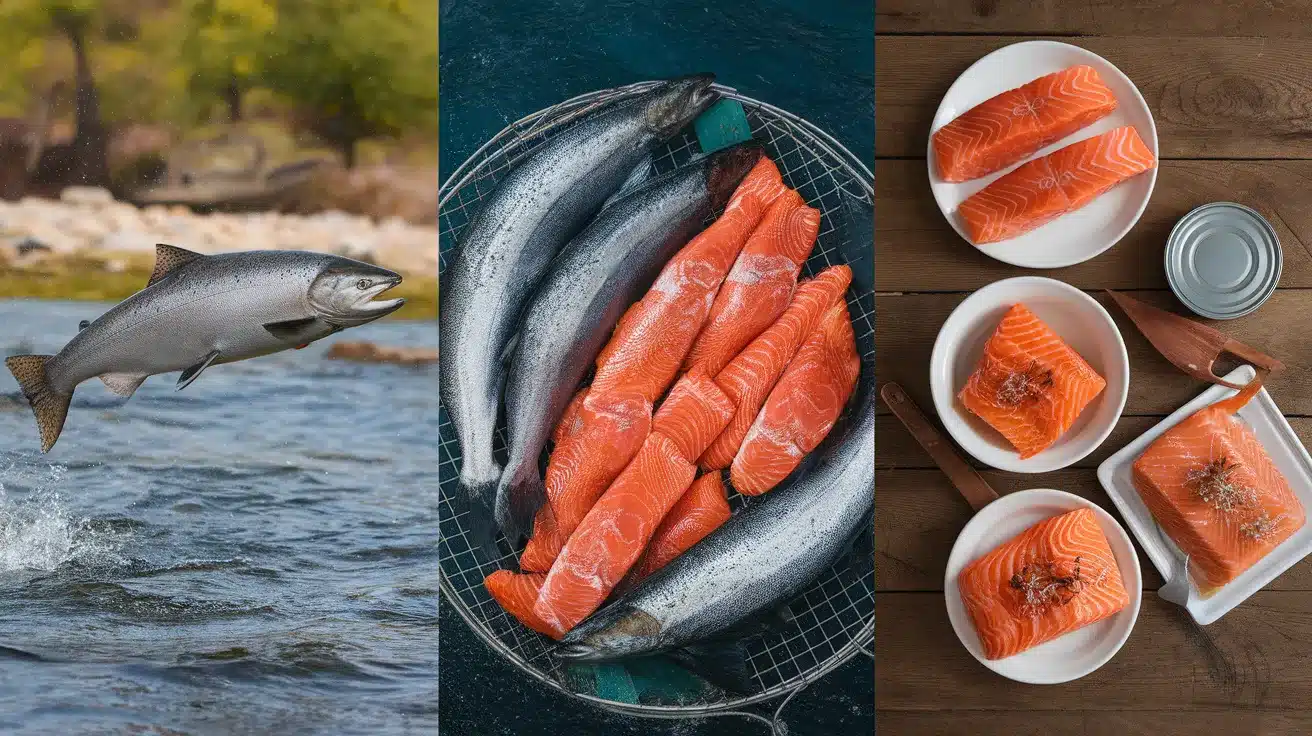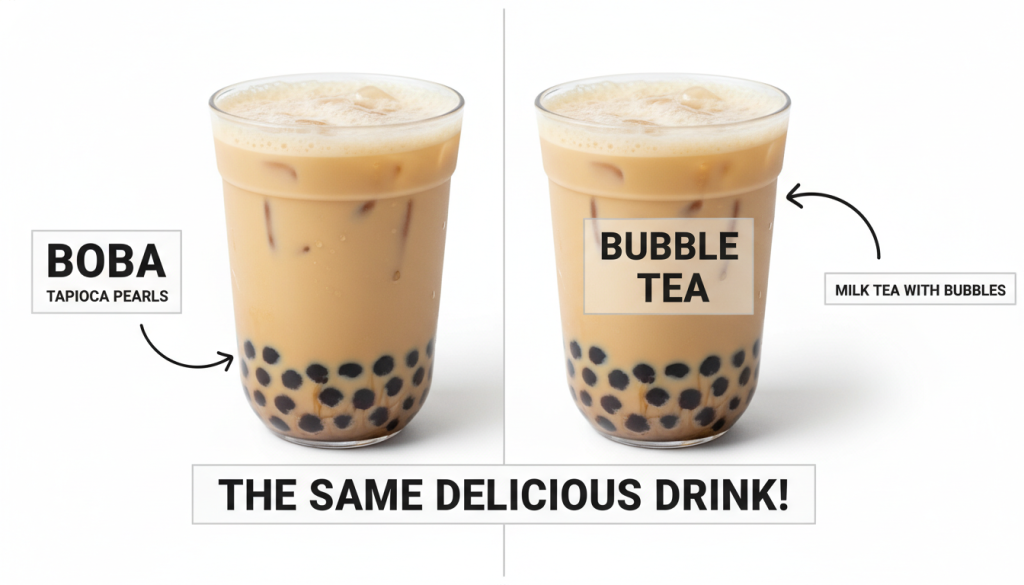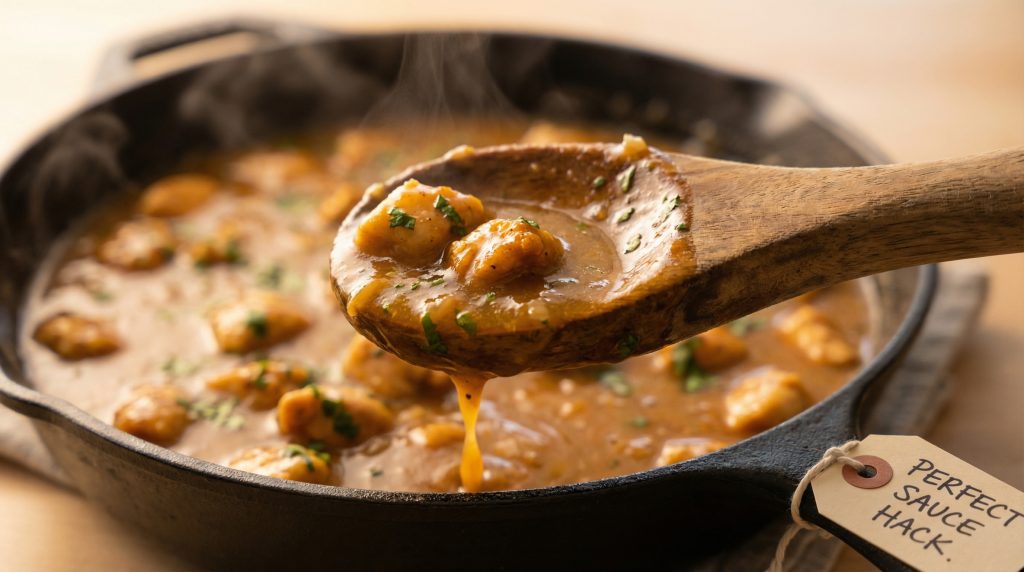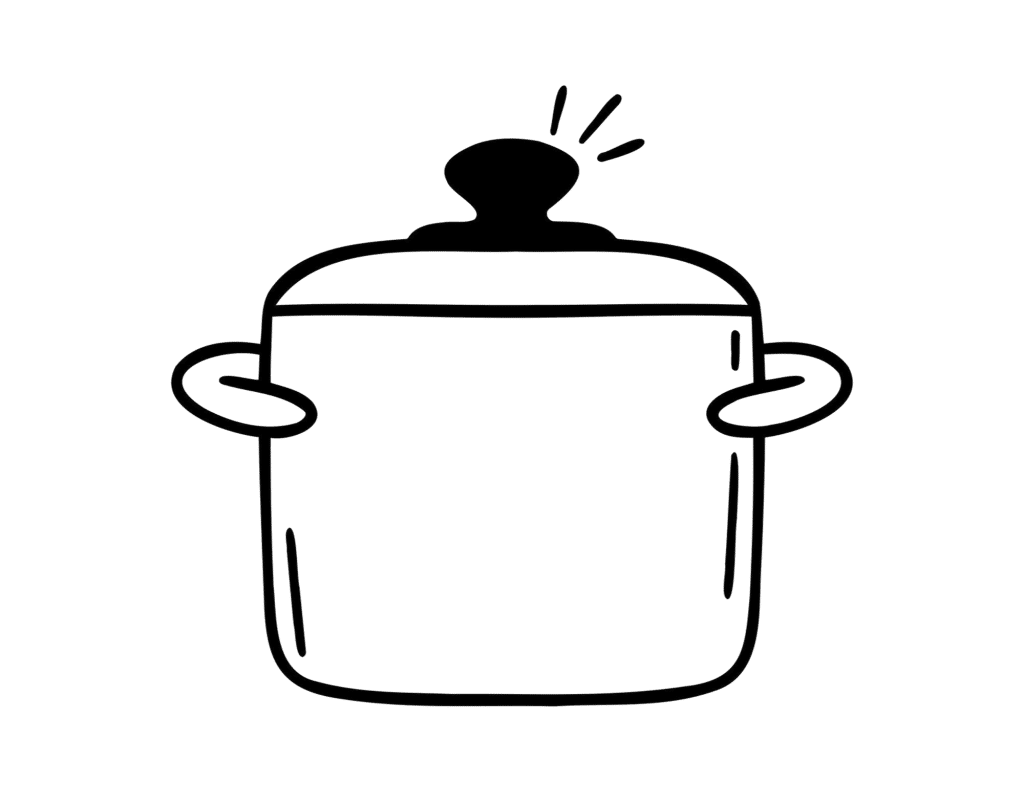Salmon is one of the most loved fish around the world, and it’s easy to see why.
This pink, flaky fish isn’t just delicious – it’s also called a “superfood” because it’s packed with amazing nutrients that help keep our bodies strong and healthy.
Did you know salmon can jump up to 12 feet high to swim upstream? That’s like jumping over a basketball hoop!
If you grill it, bake it, or eat it from a can, salmon provides your body with many essential nutrients it needs to grow and stay energized.
Today, we’re going to dive deep into the nutritional facts of salmon (100g) to find exactly what makes this fish so special. You’ll be surprised at how many vitamins, minerals, and healthy fats are hiding in just a small piece of salmon!
Salmon Nutrition Facts (100g serving)
Salmon isn’t just tasty – it’s like a vitamin pill that swims! This amazing fish packs more nutrients per bite than almost any other food you can eat.
| Nutrient | Amount | Benefit |
|---|---|---|
| Vitamin B12 | 100 %+ daily needs | Brain power + energy |
| Niacin (B3) | 63% of daily needs | Turns food into energy |
| Vitamin B6 | 56% of daily needs | Strong muscles + blood |
| Selenium | 75-85% of daily needs | Fights sickness |
| Riboflavin (B2) | 38% of daily needs | Glowing skin + bright eyes |
| Pantothenic Acid (B5) | 38% of daily needs | Healthy nerves |
| Phosphorus | 29% of daily needs | Strong bones + teeth |
| Thiamine (B1) | 23% of daily needs | Heart + muscle power |
| Vitamin D | 7.3mcg | Better calcium use |
| Folic Acid (B9) | 7% of daily needs | Makes new cells |
| Calcium | 12-36mg | Super strong bones |
| Iron | 0.36-0.8mg | Carries oxygen |
Just one serving of salmon gives you more B vitamins than most people get all day! It’s like nature’s own multivitamin that actually tastes amazing.
No wonder salmon is called a “superfood” – your body will thank you for every delicious bite.
Note: One bite of salmon delivers more essential vitamins and minerals than most foods combined – it’s nature’s perfect multivitamin that actually tastes incredible!
Macronutrient Breakdown per 100g
Salmon is one of the healthiest fish you can eat! This pink, flaky fish is rich in protein and healthy fats that support your body’s growth and development. Let’s explore what makes salmon a nutritional superstar.
| Nutrient | Amount per 100g | What It Does for You |
|---|---|---|
| Calories | 142-206 kcal | Gives you energy for sports and school |
| Protein | 19.8-25.2g | Builds strong muscles and helps you grow |
| Total Fat | 4.3-14.6g | Healthy fats for your brain and heart |
| Saturated Fat | 1.0-2.2g | A small amount is okay in balance |
| Good Fats | 2.9-7.8g | Omega-3s that make you smarter |
| Carbs | 0g | No sugar – pure protein power! |
| Cholesterol | 45-59mg | The natural amount your body needs |
| Sodium | 44-59mg | Low salt content |
| Potassium | 362-490mg | Keeps your heart beating strong |
Salmon is like nature’s multivitamin in fish form! It’s loaded with omega-3 fatty acids that help your brain work better and keep your heart healthy. Plus, it tastes amazing grilled, baked, or even in sushi rolls.
Why 100g is the Standard Serving Size for Salmon
Ever wonder why nutrition labels always show “per 100g” for salmon? It’s actually pretty smart! This amount is equivalent to approximately one small salmon fillet or half a cup of cooked fish, making it perfect for a single person’s meal.
Using 100g makes it extremely easy to compare salmon with other proteins, such as chicken, tuna, or beef.
You can quickly see which gives you more protein, fewer calories, or better nutrients. It’s like having a universal measuring cup for food!
If you’re counting calories, building muscle, or just trying to eat healthy, this standard size helps you make the best choices for your body.
Health Benefits of Eating 100g of Salmon
Eating 100 grams of salmon gives your body amazing nutrients that help you stay healthy and strong. This tasty fish is packed with special fats, vitamins, and protein that work like superheroes for your body.
1. Heart Health
Salmon has special healthy fats called omega-3s that act like tiny protectors for your heart. These good fats help keep your blood flowing smoothly and can lower your blood pressure, just as oil helps a machine run more efficiently.
When you eat salmon regularly, you’re giving your heart the fuel it needs to pump strong and healthy for years to come.
2. Brain Function
Your brain loves the B vitamins found in salmon because they help your mind think clearly and remember things better. These vitamins work like brain food, helping you focus in school and solve problems more easily.
Eating salmon can even help you feel happier and less stressed because it feeds your brain the nutrients it craves.
3. Bone Health
Salmon is like a treasure chest of calcium and vitamin D, making your bones incredibly strong. These nutrients work together like a construction team, building up your bones and teeth so they don’t break easily.
Getting enough of these bone-building vitamins from salmon helps you grow tall and keeps your skeleton sturdy as you get older.
4. Muscle Maintenance
The high-quality protein in salmon is like having tiny repair workers in your body that fix and build your muscles. After you exercise or play sports, this protein helps your muscles recover and grow stronger than before.
Eating salmon gives your body all the building blocks it needs to keep your muscles healthy and powerful.
5. Antioxidant Properties
Salmon contains a special ingredient called astaxanthin that works like a superhero shield against harmful things in your body.
This powerful antioxidant helps protect against harmful substances that can cause illness and supports the health and vitality of your cells. It’s the same thing that makes salmon pink, and it protects your body just like sunscreen protects your skin.
Variations in Nutritional Content
Not all salmon is the same! The way salmon is raised and cooked can change how many nutrients you get. Let’s look at the differences between wild and farmed salmon, plus how cooking methods affect your fish.
1. Wild Salmon
Wild salmon swim freely in oceans and rivers, eating what nature provides. This natural lifestyle makes them leaner and stronger. In 100 grams of wild salmon, you’ll get fewer calories and less fat than in farmed salmon.
But here’s the cool part – wild salmon packs more potassium, which helps your heart beat strong and your muscles work well. Wild salmon also tends to have more protein per serving because these fish must swim against strong currents throughout their lives.
2. Farmed Salmon
Farmed salmon live in ocean pens and receive regular meals, which often makes them fatter, benefiting their omega-3 fatty acid content. In 100 grams of farmed salmon, you’ll find more omega-3s, helping your brain and heart health.
Farmed salmon also has more vitamin D, which helps build strong bones and teeth. The extra fat in farmed salmon makes it taste richer and more tender when cooked.
3. Preparation Methods
How you cook your salmon also affects its nutritional value. Raw salmon in sushi has the lowest calories because nothing is added to it. When you bake or grill salmon, it remains relatively healthy, but it may gain a few extra calories from the cooking oil.
Smoked salmon tastes great but has much more salt, often three times the sodium of fresh salmon. Canned salmon is convenient, but check labels, as some brands add salt or oil that affect nutrition facts.
Potential Considerations
Salmon is one of nature’s most nutritious fish! In just 100 grams, you get about 25 grams of high-quality protein to build strong muscles.
This tasty fish is rich in omega-3 fatty acids, which help keep your heart healthy and your brain sharp.
You’ll also get plenty of essential vitamins, including B12 for energy and vitamin D for strong bones.
Salmon contains minerals like selenium and potassium that help your body work properly. The beautiful pink color comes from antioxidants that fight disease.
While salmon is extremely healthy, remember that smoked varieties can contain a high amount of salt. Fresh or grilled salmon is your best choice. Some people are allergic to fish, so it’s always best to check first.
Summing It Up
Eating 100g of salmon gives your body amazing nutrition! You get 25 grams of protein to build strong muscles, plus omega-3 fats that help your heart and brain stay healthy.
Salmon is rich in vitamin D, which supports strong bones, and B vitamins, which provide energy. It also contains important minerals such as selenium and potassium. The best part? Salmon tastes great when baked, grilled, or pan-fried.
Remember to choose wild-caught salmon whenever possible and avoid adding excessive salt or heavy sauces.
Adding salmon to your meals twice a week can boost your health in so many ways. The nutritional facts for 100g of salmon show why this fish is a true superfood for your family.
Ready to get cooking? Share your favorite salmon recipe in the comments – we can’t wait to try it!



